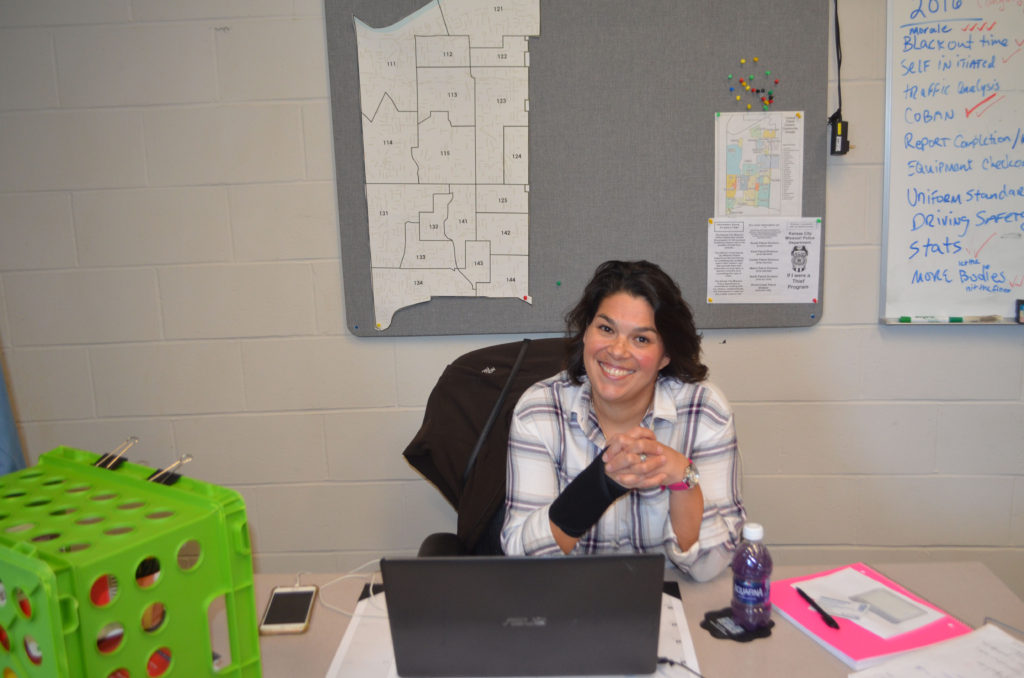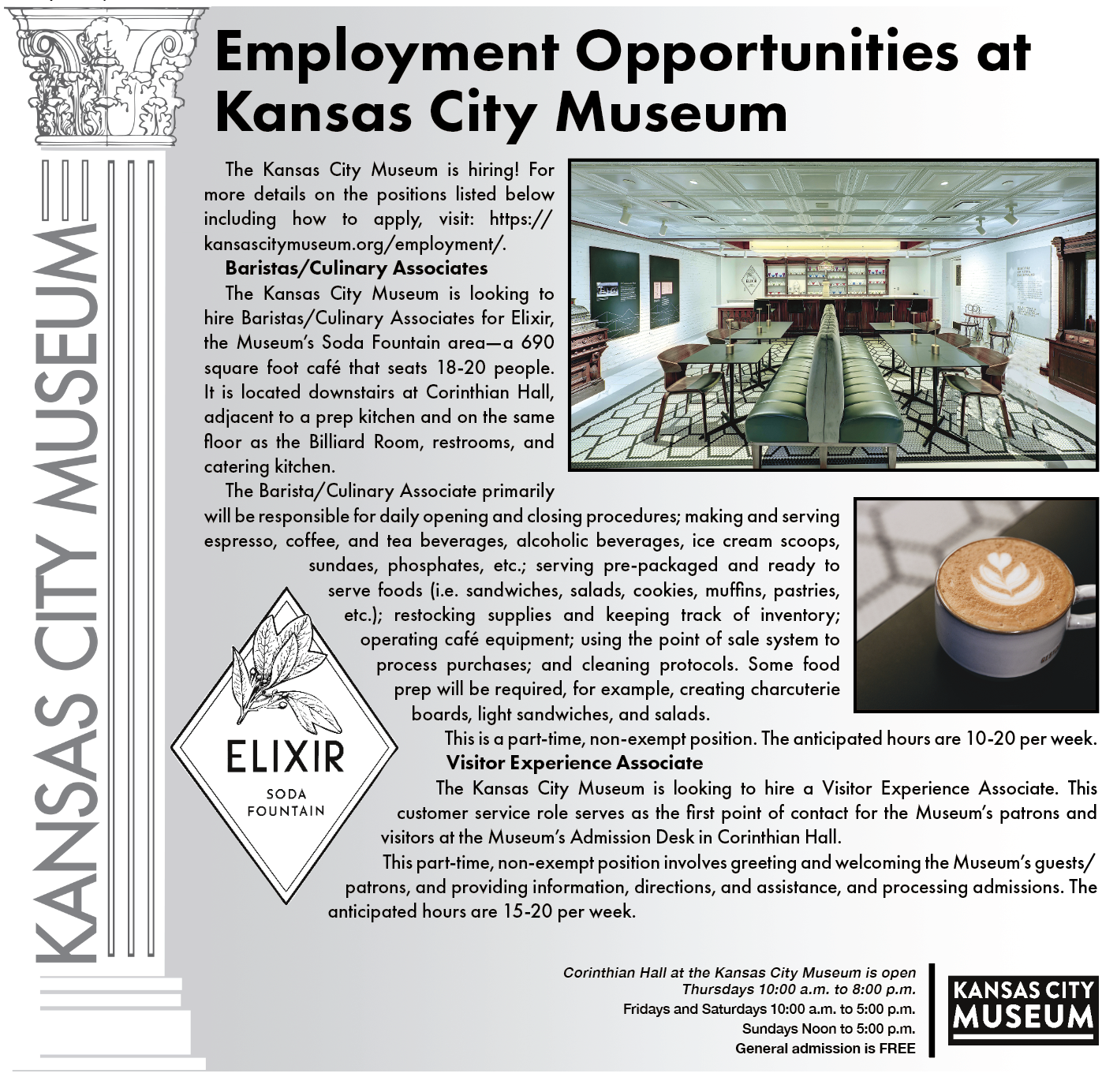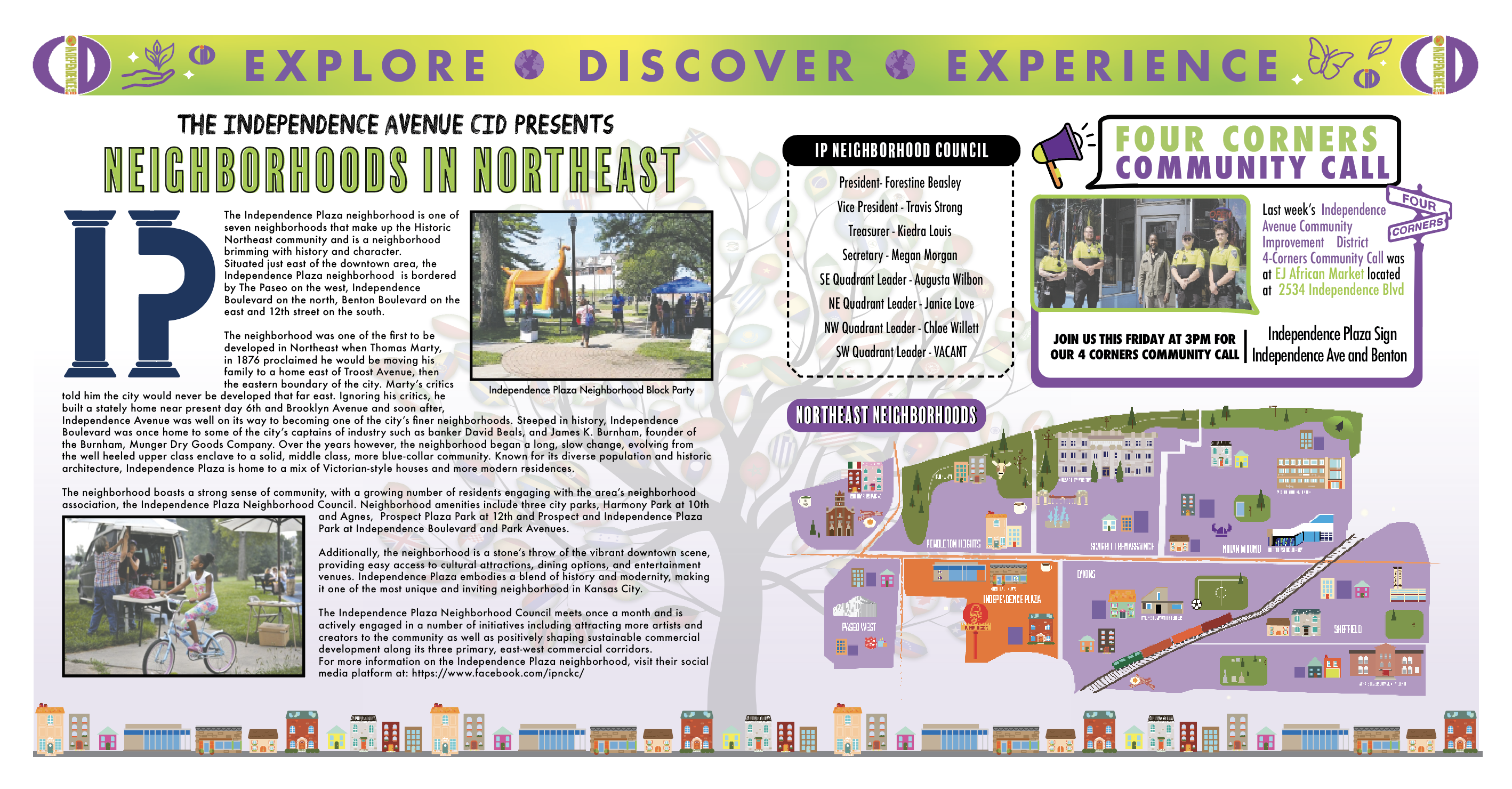
By Paul Thompson
Northeast News
December 7, 2016
KANSAS CITY, Missouri – Gina English is heading into her new job with the Kansas City, Missouri Police Department with her eyes wide open.
English, who began her job as Central Patrol’s Social Services Community Coordinator on December 1, brought a year of experience as a client advocate with the Kansas City No Violence Alliance (NoVA) with her into the role. During her year at NoVA, English estimates that she worked with 200 young people who wanted to make a change in their lives. She stated that for the NoVA targets at the greatest risk of falling into a life of violent crime, the vital first step is the most difficult.
“My average age was usually between 17 to, maybe at the oldest, 23. It’s really hard to be motivated about a brighter future when you are just trying to live for today,” said English. “But we always have choices. Sometimes they aren’t the ones that we like, but we always have choices and we always have power. It’s a matter of using the power that you have in a positive way.”
While empathetic to her clients, English is also realistic about the hard work required to make these major life changes.
“When I first meet someone and we start working, I’ll tell them, ‘I will never work harder on your life than you. I just won’t. You set the pace. If you want to work hard toe-for-toe, I’ll be there for you. But if you don’t, I’m just going to sit back until you’re ready,’” English said.
Central Patrol Commander Major Rick Smith was impressed by English during the short time they shared at NoVA. Smith quickly thought of her once he began formulating an idea to bring a full-time social worker to Central Patrol to combat recent issues with youth crime in and around the Plaza.
Before her time at NoVA, English said that she had never fully considered the link between social work and law enforcement.
“Being a social worker, I would have never thought of working with law enforcement,” said English. “But the reality is that we really do the same thing; we advocate for social justice. We’re coming to people a lot of times in moments of crisis.”
Major Smith was keenly aware, however, of the valuable role social workers can play in law enforcement from his time leading the No Violence Alliance. The role he created – Social Services Community Coordinator – is funded through a grant for nine months. If successful, Smith is hopeful that the pilot position will become a permanent fixture at Central Patrol – while also being extended department-wide.
“My experience with NoVA was, I saw there was an opportunity for another approach other than just enforcement,” said Smith of the impetus to bring in a social worker to Central Patrol. “I don’t think we’re going to solve the problem on the Plaza from 7:00 -11:00 on Saturday night. I think it gets solved during the week.”
Smith cited graffiti abatement as an example of one area where English can make a difference. He noted that it’s generally difficult for law enforcement to pinpoint exactly who is committing those kinds of property crimes.
“Another thing that really has been an issue is graffiti. We have very little prosecution on it, but sometimes we have an idea of who’s doing it.” said Smith. “We don’t have enough for a case, but we do have enough to send a social worker to at least identify who may be involved and go talk to the kids and their families without being threatening.”
Smith believes in English’s ability to help people tap into that positivity because he saw it first-hand during their shared time at NoVA. He told a story of being at a community clean-up event, and seeing English make a connection with a group of teens who had drawn the attention of officers by getting into a verbal altercation. Police officers at the clean-up intervened with the teens, staving off further incident. But English wasn’t satisfied to leave it at that.
“They started to take off on their bikes. I just went over and said, ‘Hey, come here. Come talk to me,’” remembers English. “They ended up spending like an hour doing some community service. It was the greatest thing.”
The story doesn’t end there, either. English eventually brought the boys over to Major Smith for an introduction. Soon enough, Smith and the teens were working side by side. English would go on to provide the boys with contact information for outreach services. Several weeks later, something interesting happened: one of the boys took her advice.
“He reached out to the youth advocate at NoVA. He ended up having a summer job out of it. There were all these positive touch points that he was seeing – the community was seeing him for who he really was,” said English. “I wasn’t going to let them ride off on their bikes and do nothing. He took a chance, which took him to the next chance, to the next chance. It’s building on that.”
When asked about why she thinks Smith tapped her for this pilot position, English acknowledges that the positive interaction at the clean-up event is likely a significant factor. But she also hopes that Smith sees that she can be tough and unbiased with her clients.
“I will go up to bat for someone and advocate like heck for them if I know that they’re trying hard,” said English. “But at the same time, if they’re not helping themselves and they’re not trying hard, I can easily back off. Sometimes it takes a harder lesson.”
For his part, Smith says that English’s professionalism gives him confidence that he made the right decision by bringing her in.
“Obviously, I wouldn’t be in this arrangement if I didn’t trust her. I know her pretty well. I think this has good potential. I’ve watched her talk to people before, and they’re just so much more open than with an officer in uniform,” said Smith. “She’s going to come to our weekly crime meeting at Center Zone. She will get that information every week.”
It’s still early in her tenure at Central Patrol, but English already has some ideas about how she’ll handle the position. She wants to be proactive about developing a plan for handling the curfew at The Plaza, and she expects to communicate regularly with the Jackson County Prosector’s Office to identify potential clients. She also expects to work with the Kansas City Crime Commission, which controls court-ordered community service in the city. On a day-to-day basis, Smith expects to give English the flexibility to set her own agenda.
“She will make that call. I’m not putting parameters on that,” said Smith. “When she feels that she needs to meet with somebody, she’ll do it.”
To reach out to Gina English with questions, tips, or other relevant information, email gina.english@kcpd.org or reach her by telephone at (816) 769-0821.


















